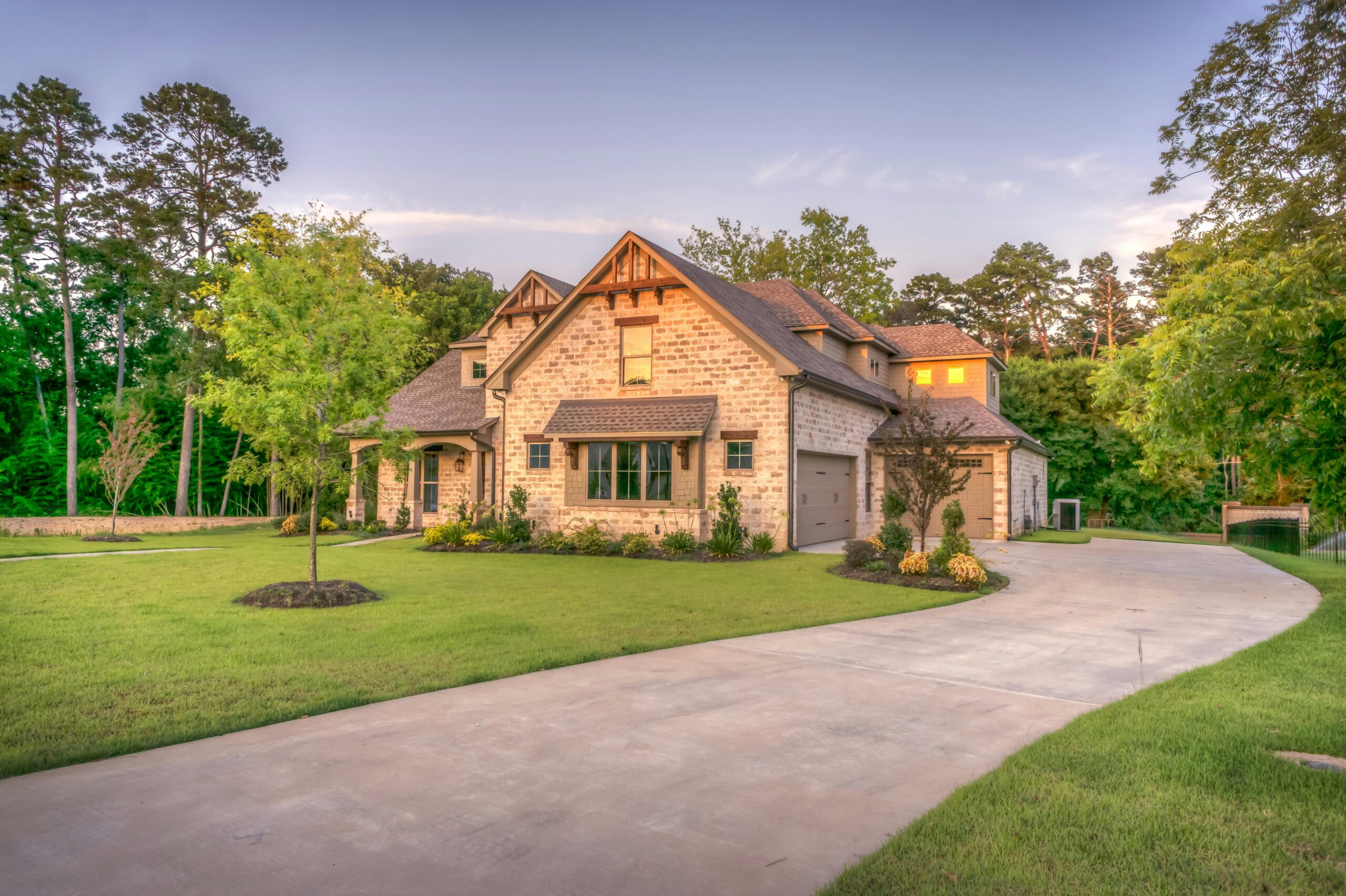our blog

Buying a home in a competitive market can feel daunting, but the right negotiation strategy can make all the difference. Smart buyers know that securing a great deal isn’t just about the initial offer; it’s about a series of strategic moves that build confidence and leverage. Here at CENTURY 21 Prime South, we believe in […]
January 12, 2026

At CENTURY 21 Prime South, we believe a home should be a sanctuary—a place where you and your family feel safe, secure, and at peace. While our job is to help you find the perfect property, we also believe in empowering you with the knowledge to protect your most valuable asset. A home security system […]
January 7, 2026

Indoor Fun and Family-Friendly Adventures 🎲 When the weather turns cold, Chattanooga’s indoor attractions provide endless entertainment for all ages. Embrace the Outdoors 🏞️ Don’t let the chilly weather keep you inside. Chattanooga’s natural beauty shines even in the winter. Arts, Culture, and Food 🎶 January in Chattanooga is far from boring. It’s a month […]
January 2, 2026

At CENTURY 21 Prime South, we know that your home is one of the most significant investments you’ll ever make. While we often think about big-ticket items like a new roof or a renovated kitchen, protecting your home from smaller, uninvited guests is just as crucial. Regular pest control is an essential part of homeownership […]
December 30, 2025

At CENTURY 21 Prime South, we know that buying a home is a major investment, and managing your monthly expenses is a key part of smart homeownership. One of the easiest ways to put money back in your pocket is by reducing your utility bills. By making a few simple changes around the house, you […]
December 26, 2025

The holiday season is a special time filled with joy, family, and celebration. But if you’re looking to trade kitchen stress for a relaxing, delicious meal, Chattanooga has some wonderful options. At CENTURY 21 Prime South, we believe a home is not just where you live, but where you create memories, and sometimes, those memories […]
December 11, 2025

At CENTURY 21 Prime South, we know that the first impression is everything—especially when it comes to your home. Whether you’re planning to sell or simply want to take pride in your property, a little attention to curb appeal can make a huge difference. Curb appeal is more than just a well-manicured lawn; it’s about […]
December 5, 2025

The air is crisp, twinkling lights adorn the city, and a festive spirit is everywhere you turn – December in Chattanooga is truly magical! At CENTURY 21 Prime South, we love this time of year because it showcases the vibrant community and endless opportunities for holiday fun that make our city such a wonderful place […]
December 2, 2025

The holiday season is a time for celebration, family, and reflection. For many, it seems like the last time of year they would want to sell their home. But at CENTURY 21 Prime South, we know that selling your home during the holidays can be a surprisingly strategic and successful move. While the market slows […]
